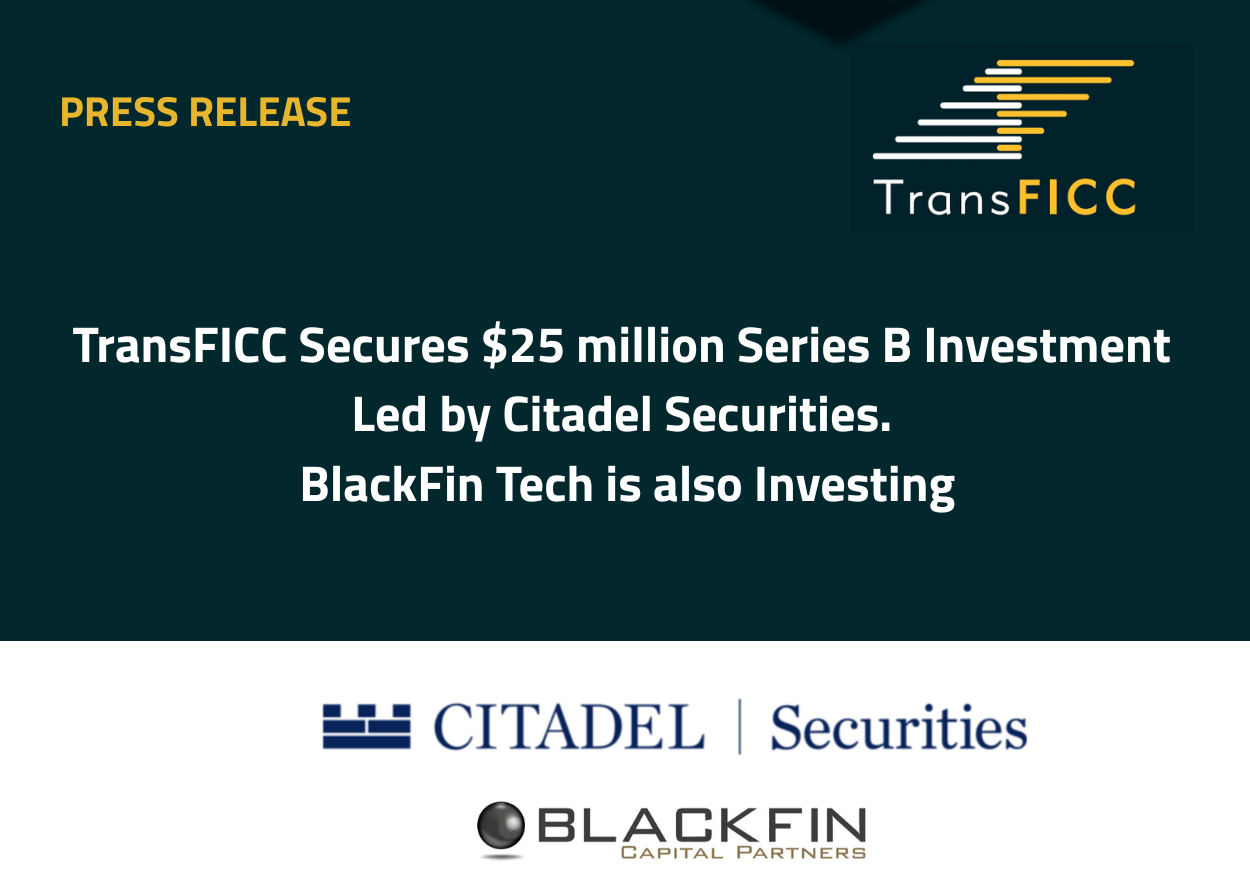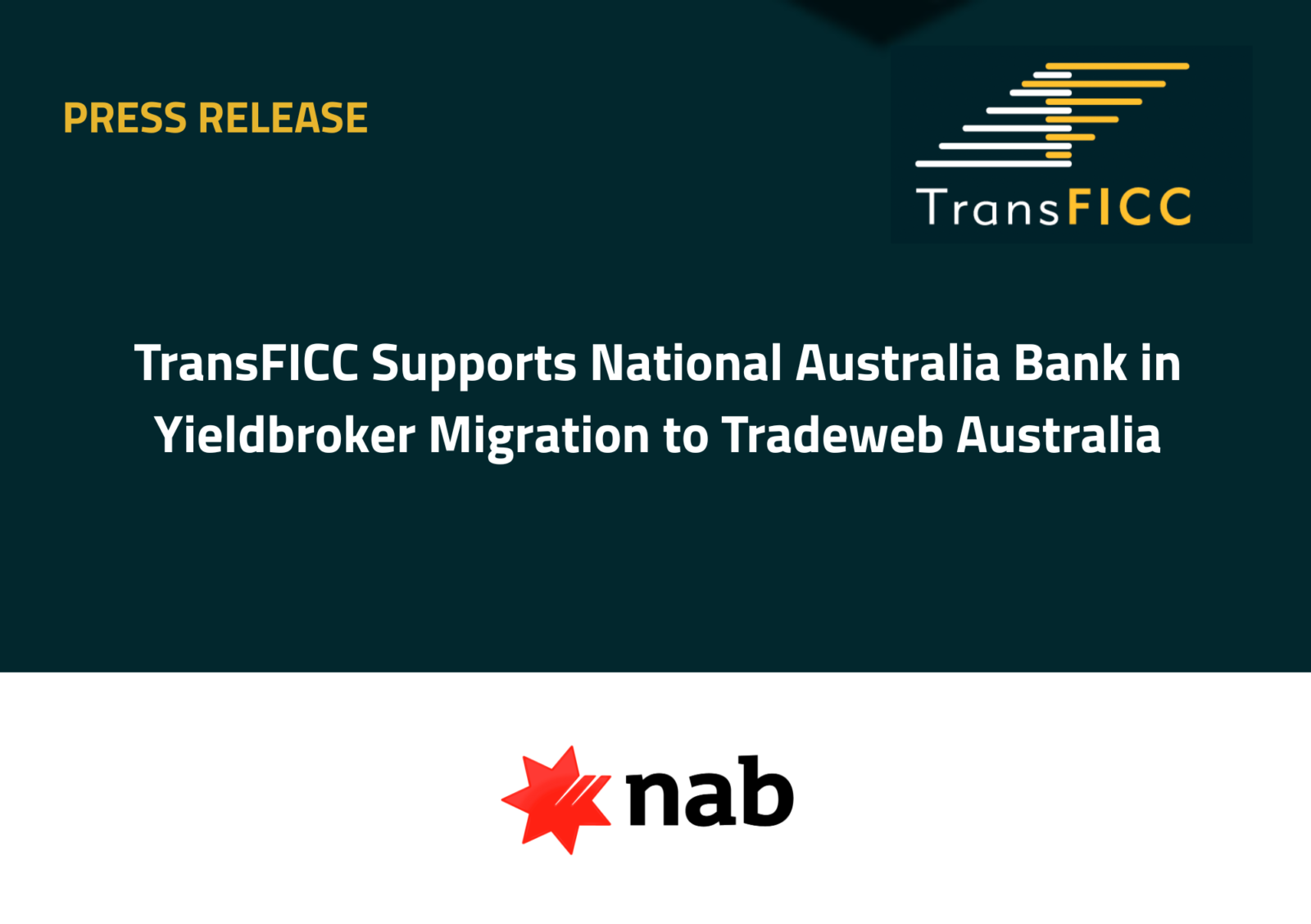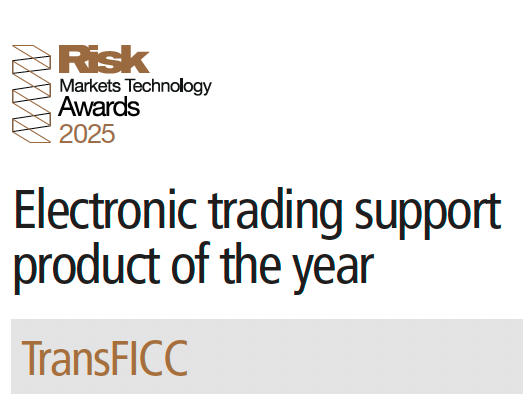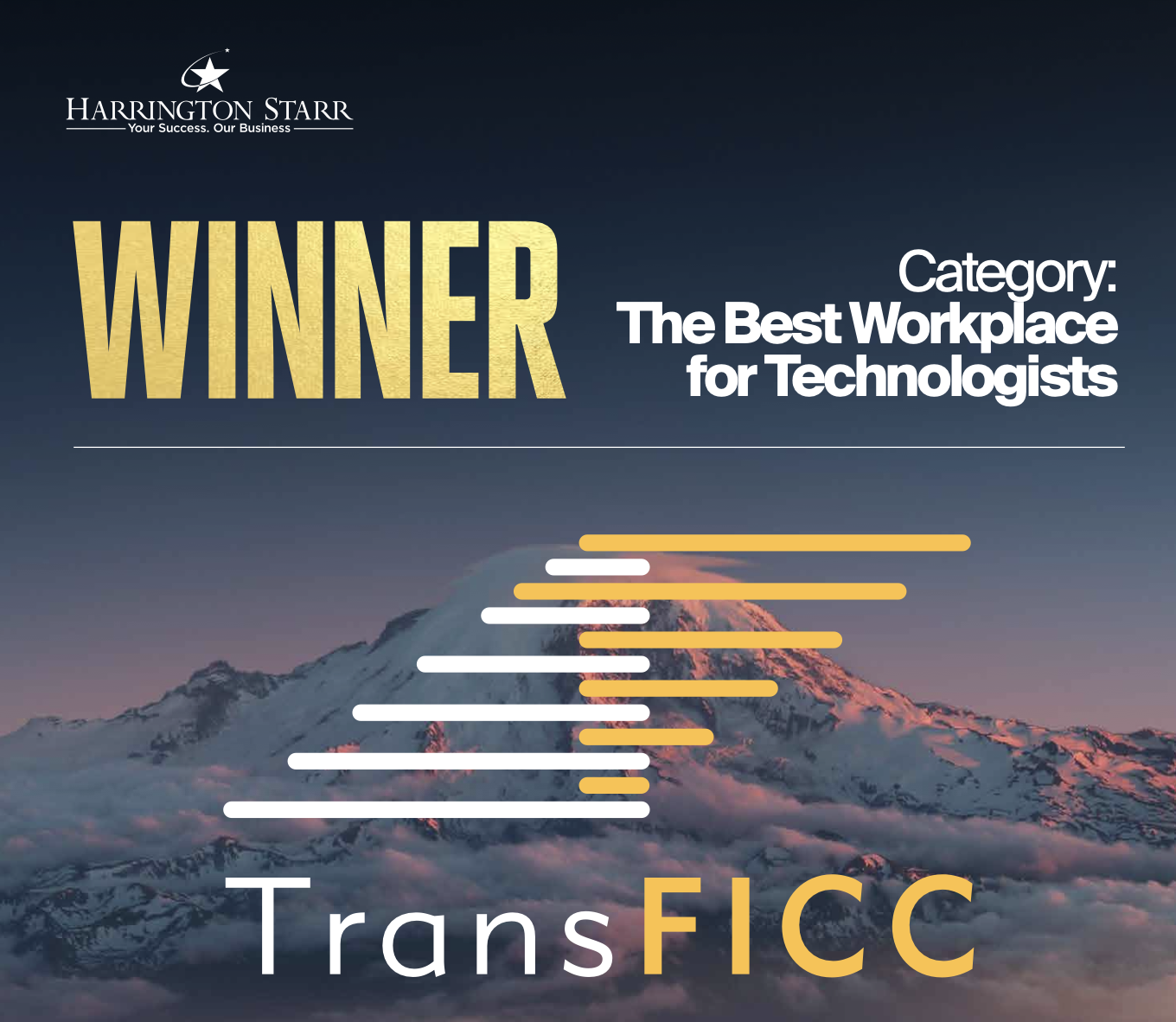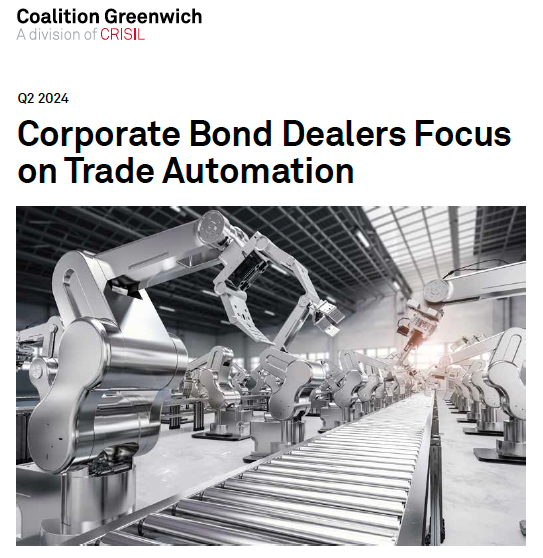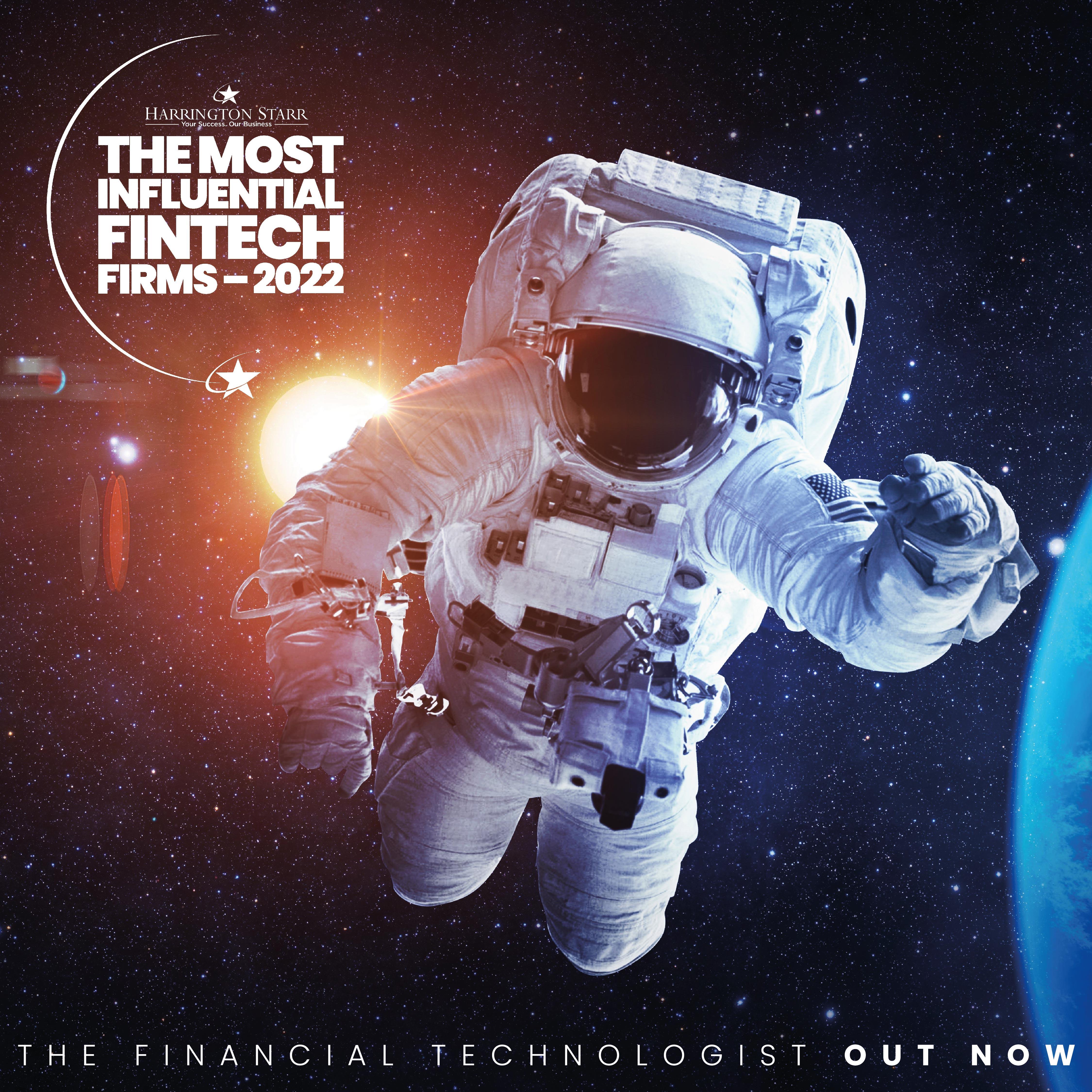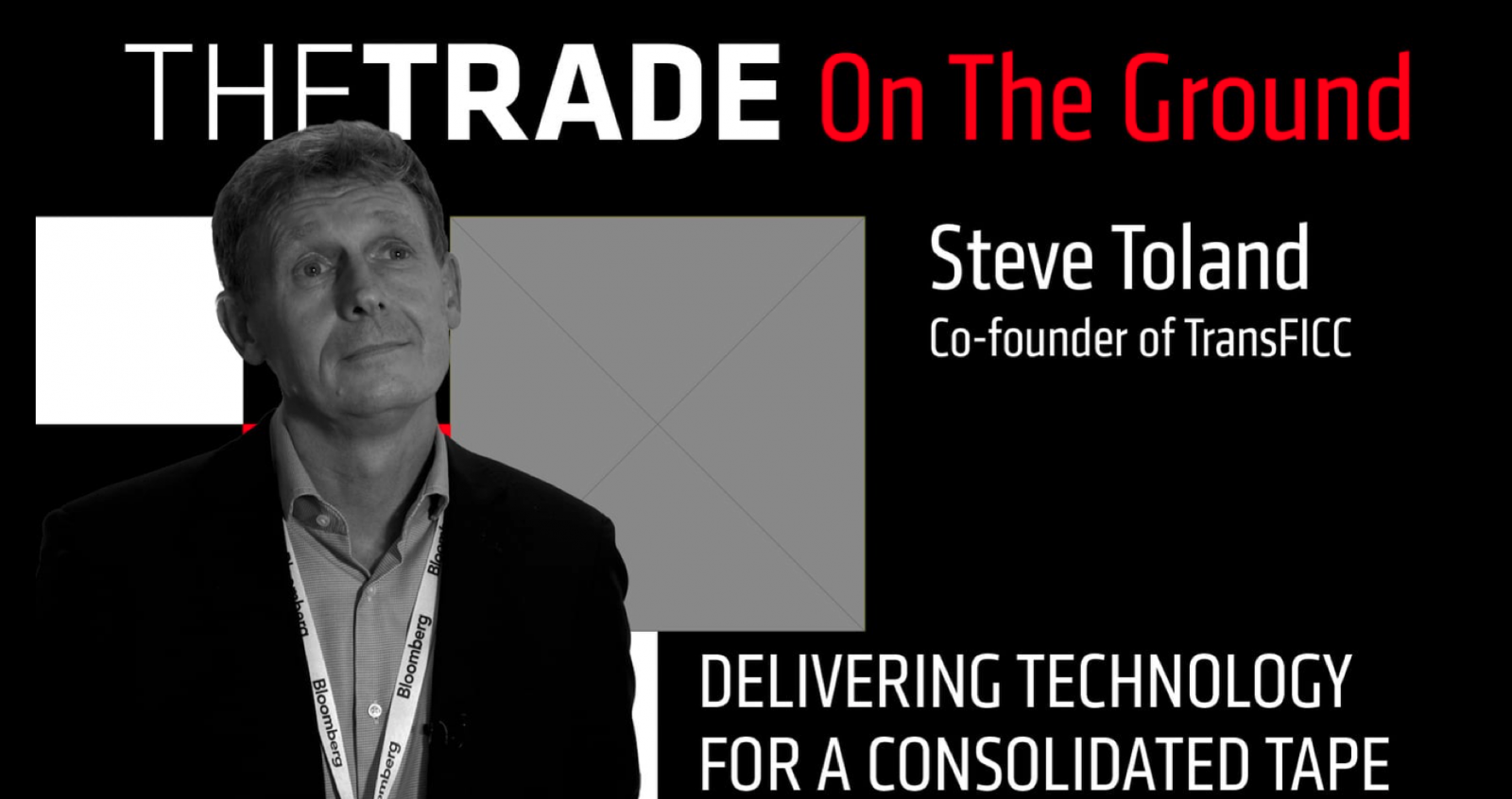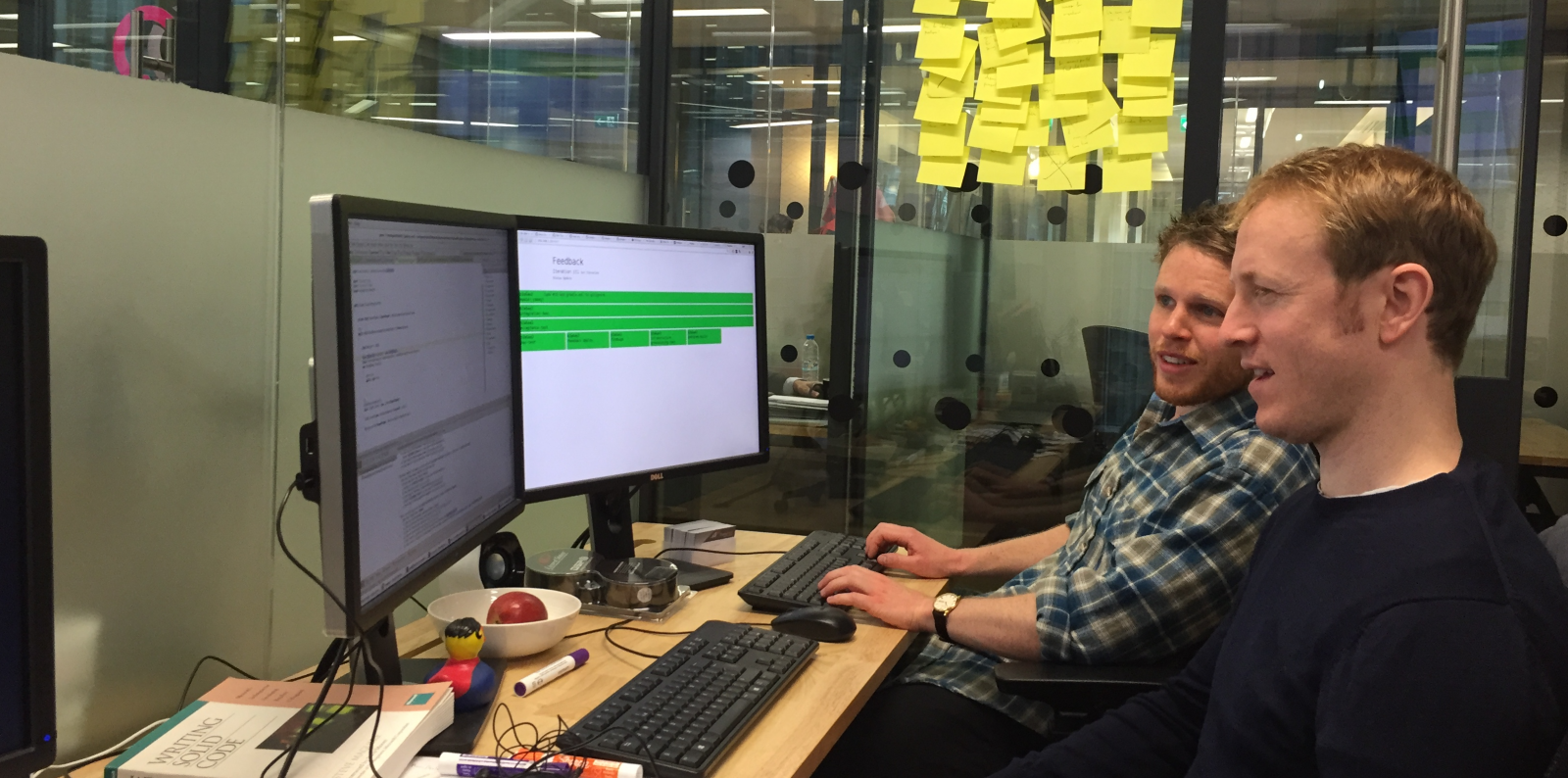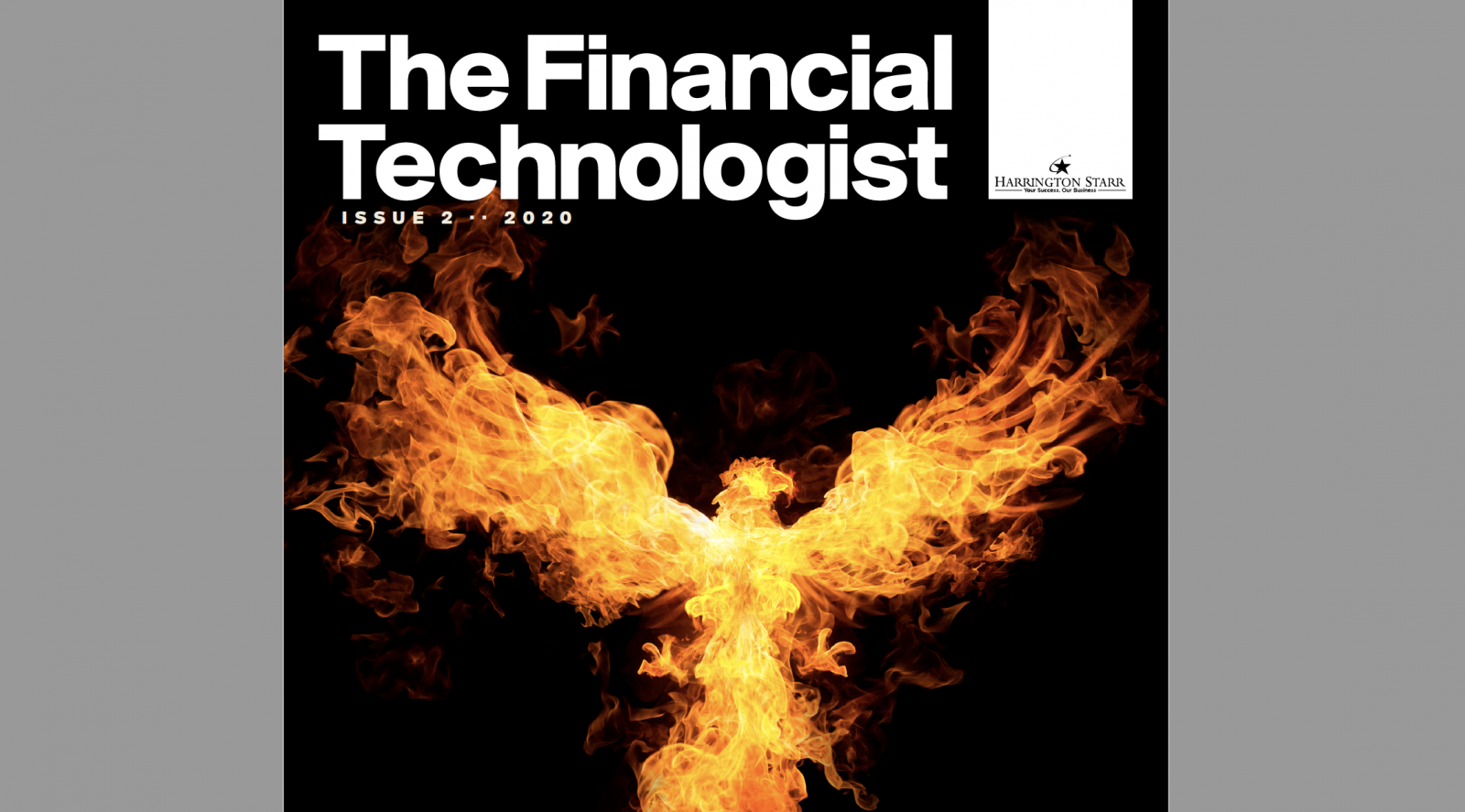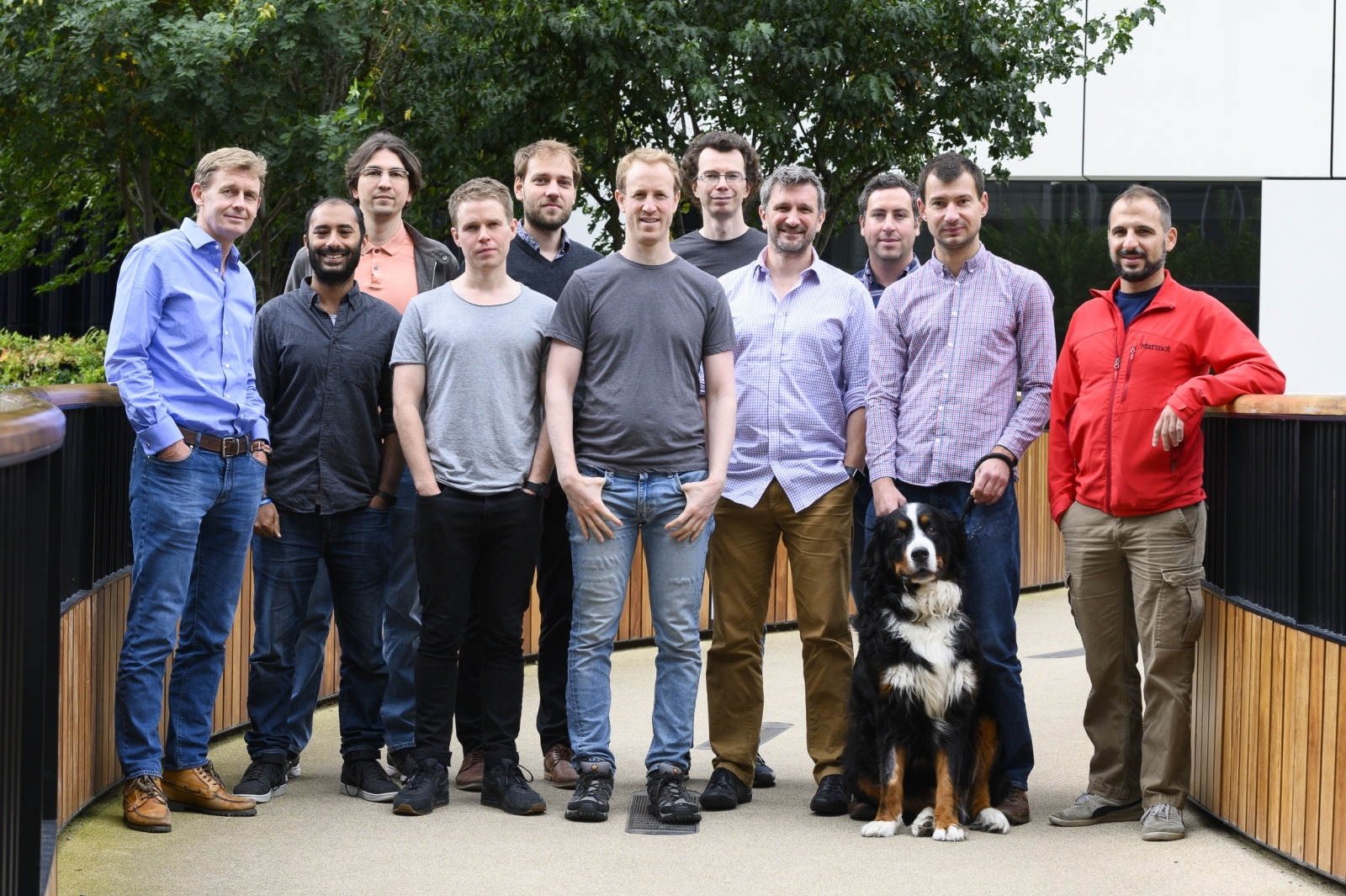FinTech in FX: As Old As...This Century
Profit & Loss. By Colin Lambert
FinTech in FX is not new – and it is hard to argue with those who believe FinTech in FX is actually an evolution that started almost 20 years ago (it could be argued almost 30 years ago when in quick succession Reuters rolled out Dealing2000, Matching, followed closely by the launch of EBS).
New Ideas
Of course, one can have access to the best brains and the latest technology, but it is worth little without the crucial element of an idea. If FinTech does indeed mean providing wider access to the type of tools and services used previously by a select group, a start up still has to target the right area – and have the right idea.
A very recent FinTech start up is seeking to take an idea from the FX markets, and roll it out elsewhere. “We will be launching a service that connects banks and the buy side to fixed income trading venues,” explains Steve Toland, founder of TransFICC. “There is currently no provider that can provide high speed, robust and low latency connectivity to over 130 fixed income venues.”
Although FinTech is inevitably linked with another buzzword of recent years – disruption – Toland doesn’t quite see it that way. “I wouldn’t call us disruptors,” he says. “The fixed income market is changing, needing to comply with MiFID II regulation, and manage the problems of market fragmentation and exploding market data rates. We are providing a solution to an existing problem rather than enhancing an existing process.”
“One of the biggest opportunities for us is to develop new products using the best technology available and not being constrained by legacy systems,” says Toland. “That means a commitment to technology with the highest throughput and lowest latency which are also open source, for example Aeron, SBE and Disruptor.
“We only recently agreed the business plan, so each of the founders knows exactly what is required of them. This means no duplication of effort and no political agenda, just a genuine desire to get the first product launched,” he continues. “Because we are a small company we are nimble, with decisions made in minutes and any communication being done face to face, as all of us sit in the same office.
“Being a start-up means we are able to have a narrow focus. That doesn’t just mean the fixed income markets, but only developing services which support connectivity. Not developing GUIs or rate engines,” he adds.
Some Things Never Change
If there is a cliché guaranteed to have eyes raised despairingly to the sky in foreign exchange circles it is “client-centric”; however, it cannot be ignored that without customers a great idea doesn’t get past the starting post.
But getting customers’ attention can be difficult, especially in such a crowded environment as financial markets. “Probably the main thing is to keep in mind what the customer wants and then make the product and company stand out,” says Toland. “You can't be a 'me too' or build a business on old relationships. The technology has to be better, the business model needs to be better and you have to help solve another problem, such as costs or regulation.
“Make sure you fix a problem for your clients,” he adds. “The fixed income markets are in a perfect storm, with fragmented markets, exploding market data rates and upcoming regulation. That’s why TransFICC launched now.”
A successful FinTech in the service sector can benefit from an understanding of the environment in which they are operating. This is an idea Toland has embraced. “The importance of the right team is even greater in a start up than with an established business, because you don't have the luxury of existing revenue or replacement skills,” he says. “In our case we made the decision that we would only start the company if we could get a full team covering industry knowledge, technical development and sales.
“There will always be a client who asks you to come back when you reach a certain stage or volume,” he adds. “That can be a major challenge for a start-up, but fortunately we have a few clients who are already engaged with us, providing feedback and helping us to develop the products for launch.”
Share

